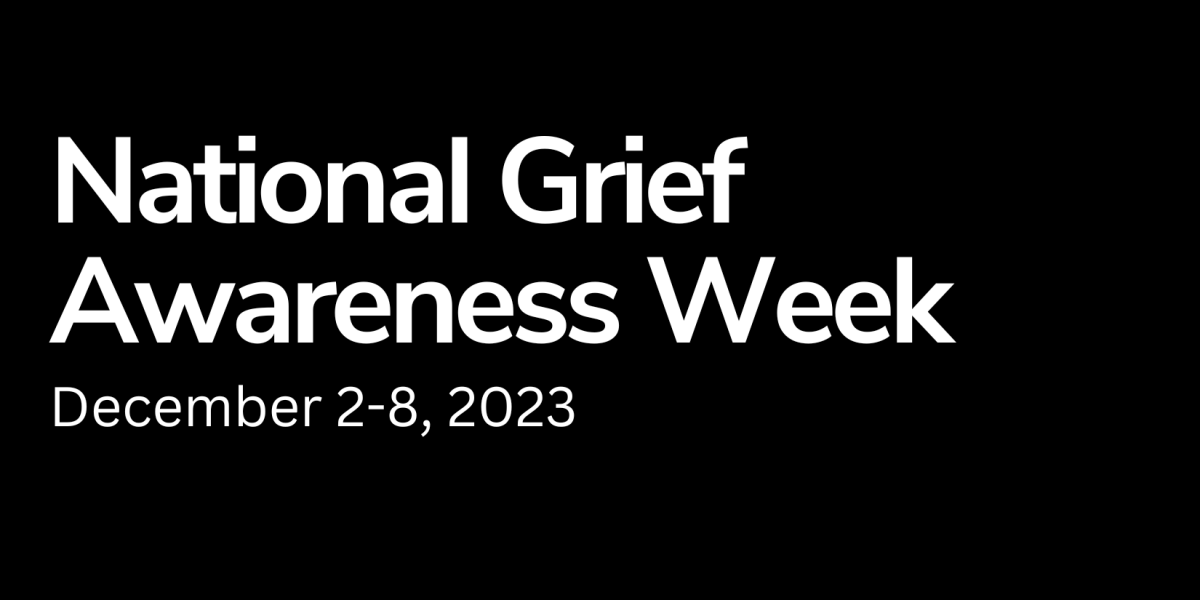National Grief Awareness Week: December 2nd to 8th, 2023, aims to provide awareness to the complexities of grief and the importance of offering support to those who are grieving. Grieving after a loss can be an overwhelming experience, not just for the individuals directly affected but also for those around them who might struggle to find the right way to offer comfort and support.
During this week, experts in the field of psychotherapy and counseling emphasize that the most crucial element one can offer to a grieving person is a genuine and caring approach. Here are some insightful ways to support someone who is grieving:
1. Check in with them: Often, people avoid engaging with someone who is grieving due to uncertainty about what to say. However, this can inadvertently increase the bereaved person’s feelings of loss and isolation. Simple acts like asking how they are, helping with chores, or offering to do their shopping can significantly lighten their burden.
2. Be willing to sit in silence: In our digitally connected society, physical presence and simple gestures like eye contact or a reassuring hug can be profoundly comforting. It’s okay to sit together in silence, acknowledging that this can be a normal and needed form of support.
3. Switch up the conversation: It’s not always necessary to talk about the death. Engaging in light-hearted conversation or activities like watching TV can help the bereaved feel a sense of normalcy.
4. Listen compassionately: Offering a sympathetic ear can be incredibly valuable. The bereaved often need to feel heard and acknowledged, even if it means listening to their story repeatedly with little variation.
5. Stay in touch: The pain of losing a loved one doesn’t simply fade away. The bereaved may need more support after the initial weeks and months, when others have stopped reaching out. Setting reminders to check in can be helpful, as those grieving often find it hard to initiate contact.
6. Consider individual circumstances: Grief is a universal experience, yet it is experienced uniquely by each individual. Factors such as cultural traditions, the bereaved’s relationship with the deceased, health conditions, or belonging to a marginalized group can influence their grief journey. Being mindful of these aspects can aid in providing appropriate support.
7. Acknowledge milestone events: Days such as holidays, birthdays, and anniversaries can be particularly challenging for the bereaved, as they often reawaken grief. Being sensitive and asking how they plan to spend these days shows support and understanding.
National Grief Awareness Week is a reminder that grief is a normal part of life, and the way individuals respond to it is deeply personal. The key is to offer support in a way that is respectful, empathetic, and mindful of the bereaved’s individual needs and circumstances.
Shelley Heavens, RSW




